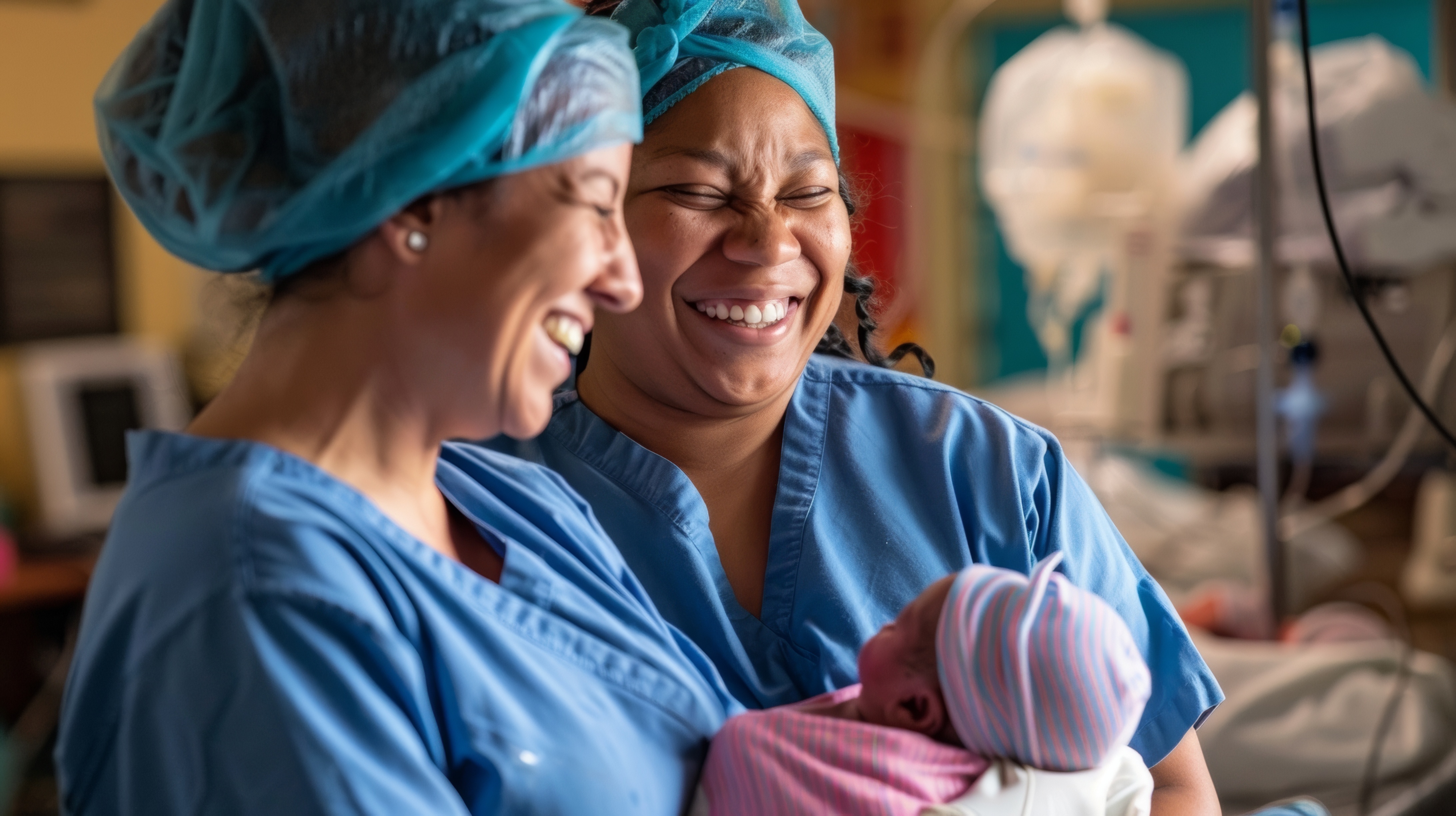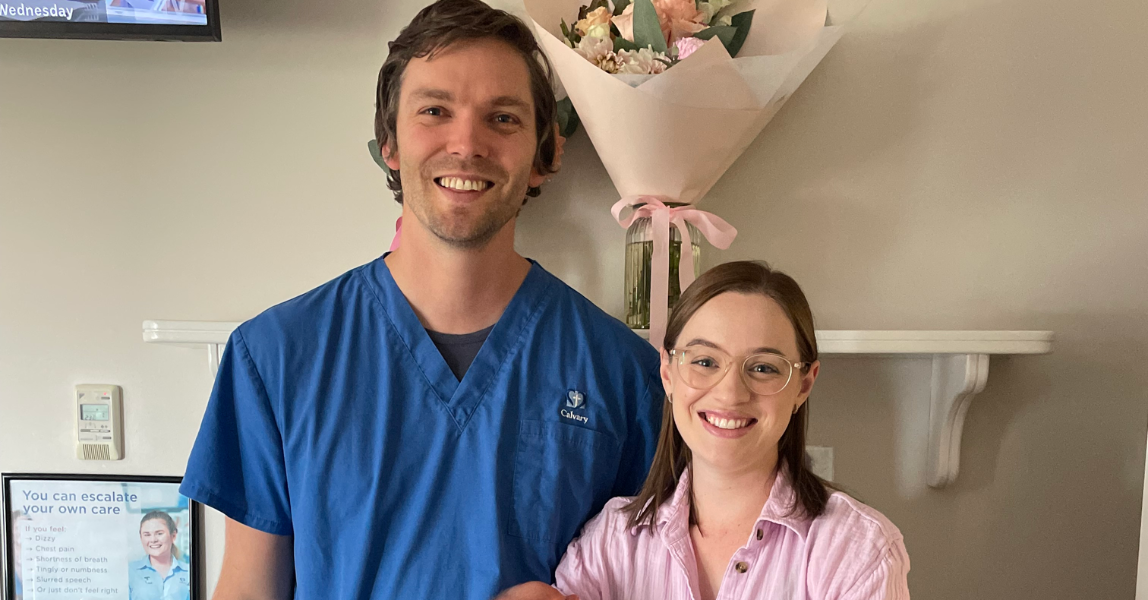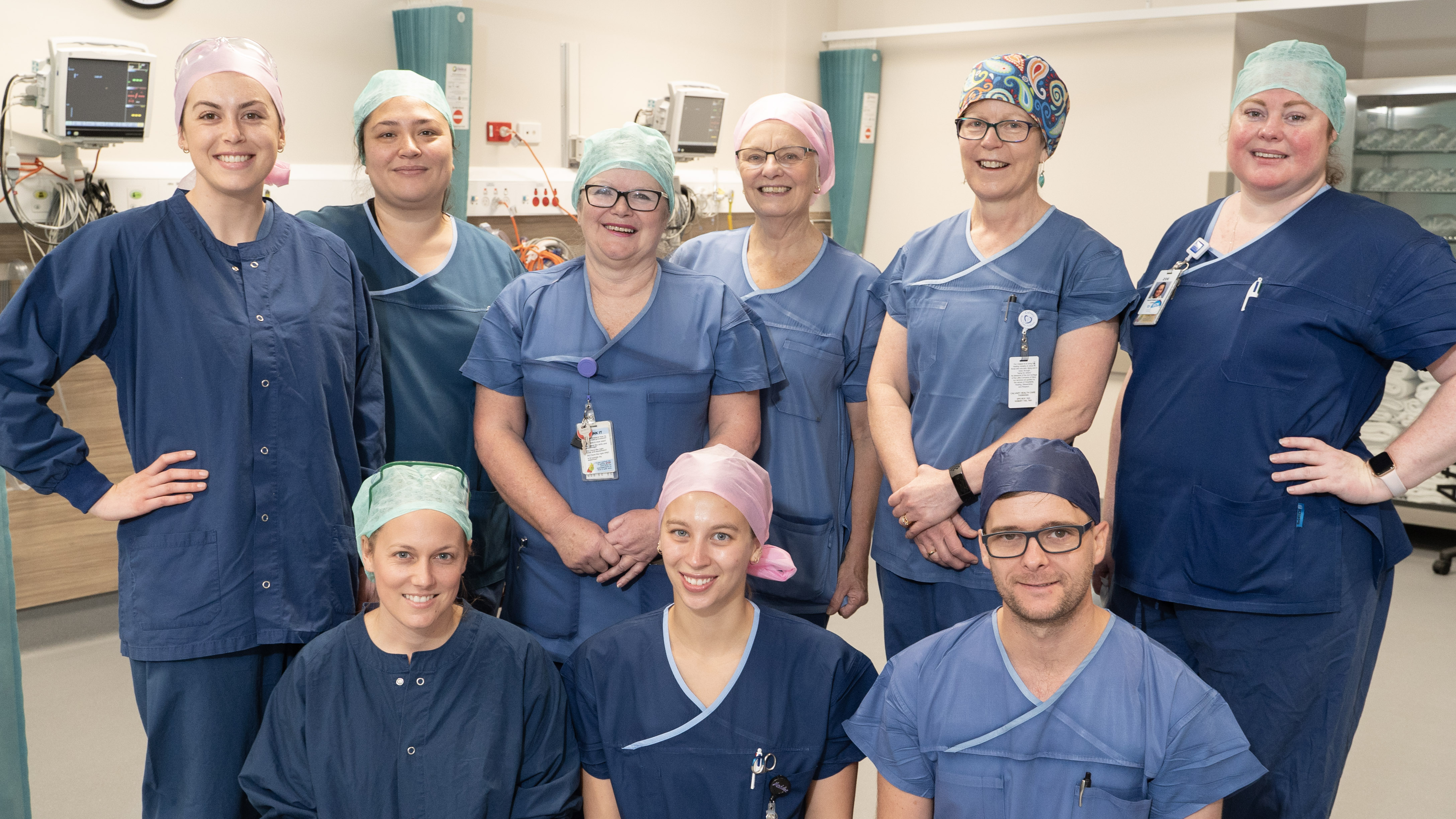People and problem solving

What does it mean to be a new grad? Being a new grad is somewhat equal parts exciting and nerve wracking. After three long years studying, I’m finally out in the real world being a real nurse looking after real patients, going through very real issues. In saying that, being a new grad is such a privilege. From the few hundred nursing graduates last year from the University of Newcastle there were only about sixty positions available in the Hunter.
The program itself is designed to integrate education with designated educators and mentors whilst working full time for a twelve-month contract. During the twelve months new grads either rotate through a few different wards or in my case I get to rotate through the Perioperative Services and try different nursing specialties.
What led you towards nursing as a career?
It’s actually funny, growing up I had a phobia of vomit, always in fear that someone would be sick in front of me or that I would be sick. Because of this, becoming a nurse never really seemed like an ideal job for me.
It wasn’t until my early twenties when I was living overseas that things began to change. I was living in London but suddenly became too ill and had to come home. After multiple procedures, doctors appointments and being in and out of hospital, I suddenly found myself back in my hometown with no job, plan or purpose. That was a pretty tough time for me, mentally. But it made me start to think that maybe I could make a difference in the lives of other people in similar situations. I decided I wanted to be a doctor. I enrolled in a Bachelor of Nursing with the intention of eventually continuing my studies to become a doctor.
What do you most like about nursing?
There are so many things I love about nursing. It mixes two of my favourite things, people and problem solving. So far I have worked in a correctional facility, held the hand of a dying patient, helped educate elderly patients on how to manage their diabetes, and quickly learnt how to assess mentally unwell patients.
I love that nursing is so diverse. There isn’t just one ‘type’ of nurse or one type of ‘nursing’. It’s essentially about helping people manage their day in whatever way we can.
What does a ‘normal’ work day look like?
Each morning I come to work, and it starts like a blank slate. I put on arguably the world’s most comfortable uniform, scrubs. We have a morning huddle and discuss which theatres are operating, what cases are happening and what we might expect during the day.
We then head into the recovery room where we check equipment, drugs, and plan for the day. In recovery it’s all about team nursing. It’s amazing, we all work together as a team to provide the best care for each person coming through.
What studies have you undertaken to increase your skills?
At the beginning of the year I was so hopeful and so ready to get as much training and studies done as possible to further my skills. But with COVID-19 all of our additional training and study have been put on hold.
At the moment, the department runs in-services around things like manual handling, how to don and doff PPE, and how to use various machines and equipment. Right now, one of my short-term goals is to learn how to cannulate. I feel like this will help me be more autonomous in my role and help me prepare for my anaesthetics rotation.


